
Why Juries Need Expert Help Assessing Jailhouse Informants
Informants are highly motivated to lie. But jurors don’t always have the information or skills to discern the truth.

Informants are highly motivated to lie. But jurors don’t always have the information or skills to discern the truth.
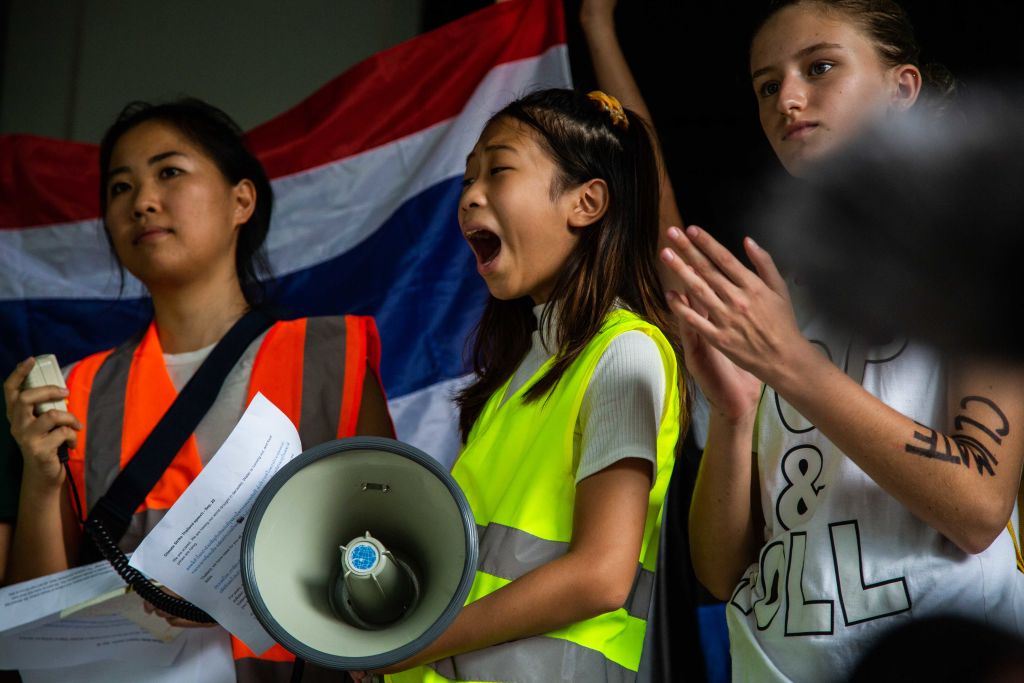
Spotlights like this one provide original commentary and analysis on pressing criminal justice issues of the day. You can read them each day in our newsletter, The Daily Appeal. “Environmentalism is now equated with social justice and civil rights,” wrote professors Robert D. Bullard and Glenn S. Johnson in the Journal of Social Issues almost 20 years ago. […]

In April, the U.S. Supreme Court ruled that his execution, which experts have said will be bloody and gruesome, does not amount to cruel and unusual punishment. But problems with his case started long before that, his attorneys say.

Young people convicted as adults face a ‘life sentence’ of registry restrictions, attorneys say.
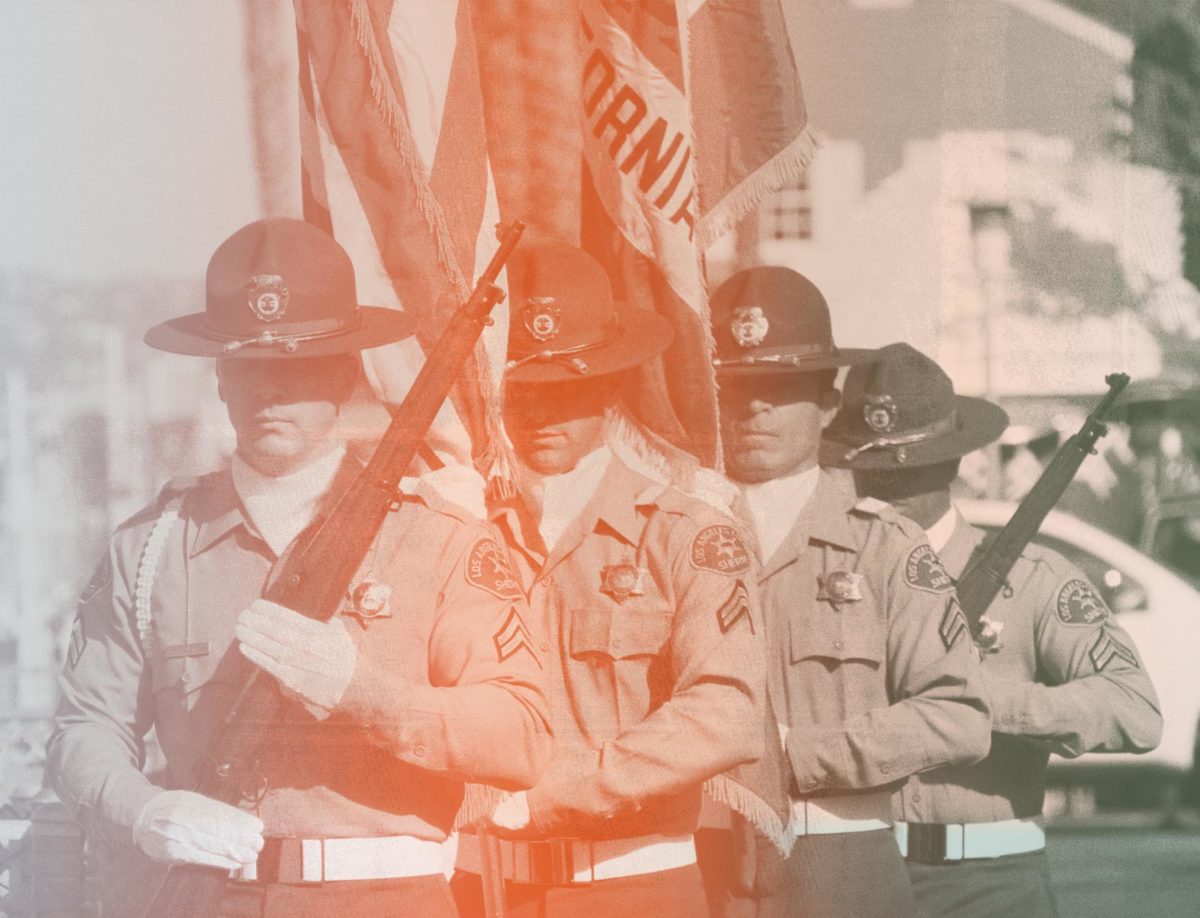
A narrow ruling on Brady lists ensures that protecting the police will continue to prevail over due process.

Court records and interviews with former prosecutors show that internal assessments of police dishonesty are rarely memorialized, potentially violating the rights of people charged in criminal cases and sometimes keeping the records of bad cops clean.

Candidates offered reforms for people accused of low-level, nonviolent offenses, but more than half of U.S. prisoners have committed a violent crime.

A Pittsburgh public radio piece lacked critical reporting about the many problems with jailing children in adult facilities.

Henri Lyles is challenging his life sentence under a statute that penalizes people for prior convictions. A favorable decision by the state Supreme Court would mean that he and a dozen people sentenced to life could one day be freed.

The parole board failed to comply with a new law about notifying victims, the board’s director said.
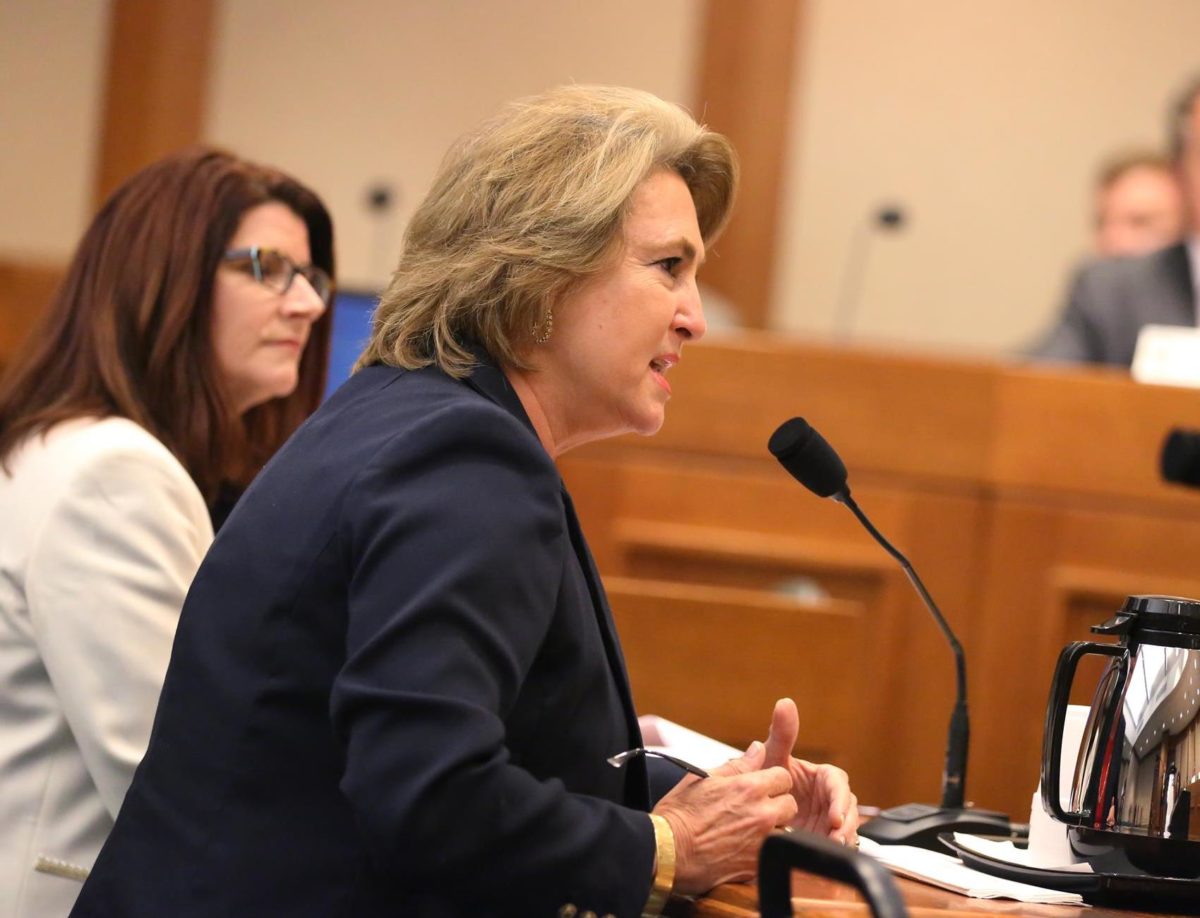
Kim Ogg ran as a reform-minded district attorney candidate, but her office has sought two death warrants for Dexter Johnson, whose lawyer says cannot name everyday objects and has an IQ of 70.
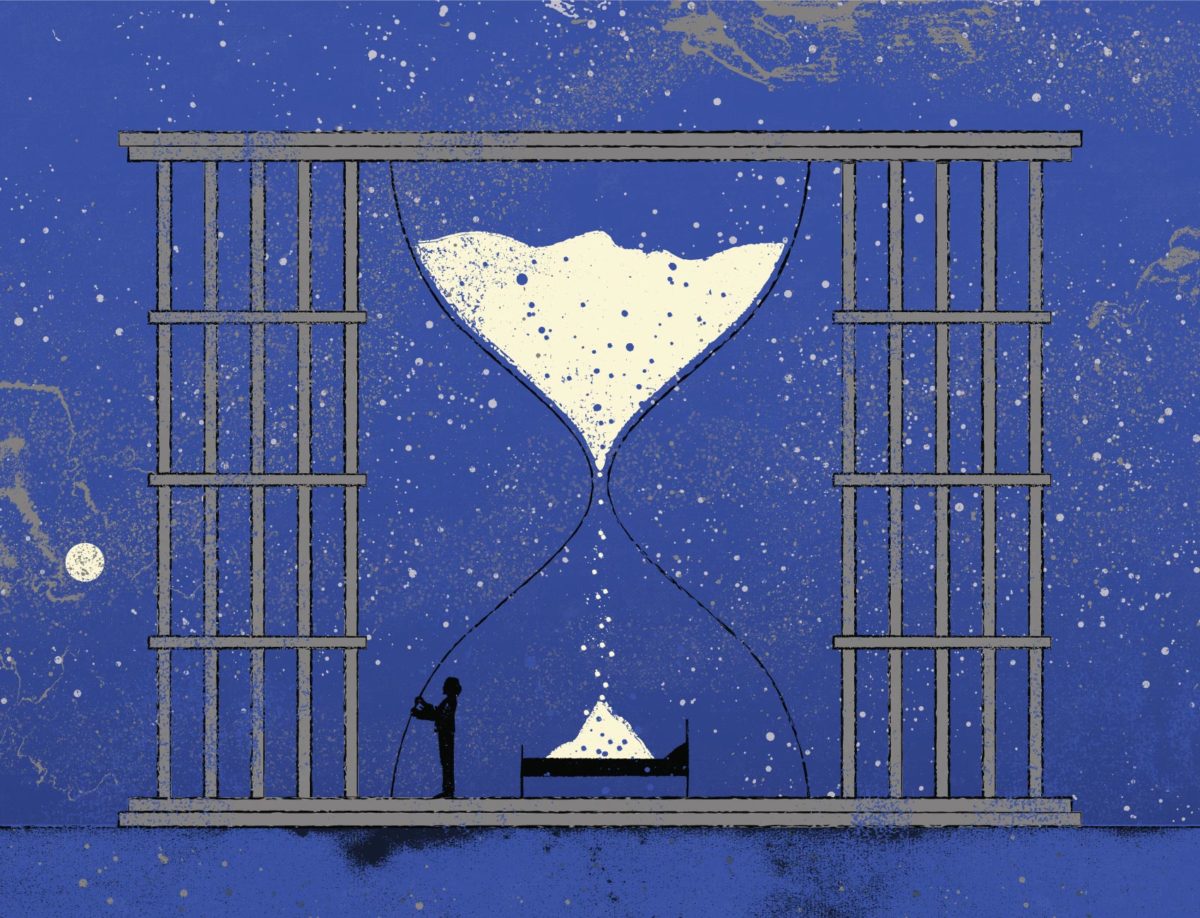
In a rare move, a federal court vacated Anastazia Schmid’s murder conviction, saying she’d received ineffective assistance of counsel and had been mentally unfit to stand trial. But Schmid, who’d spent 18 years in prison, remained locked up for three months more.

Police are accused of lying to obtain the warrants to conduct military-style raids on the homes of poor people and people of color.

Jose ‘Lil Joe’ Chapa says one way to make Beauregard Parish ‘great again’ is to stop construction of a new jail and divert resources to services that keep people out of lockup altogether.

Advocates and homeless people are suing Sacramento County over its treatment of homeless—and the city responded by filing a lawsuit against seven men for being a ‘public nuisance.‘

16-year-olds won’t have to reappear in adult criminal court if they’re arrested when youth court isn’t in session.
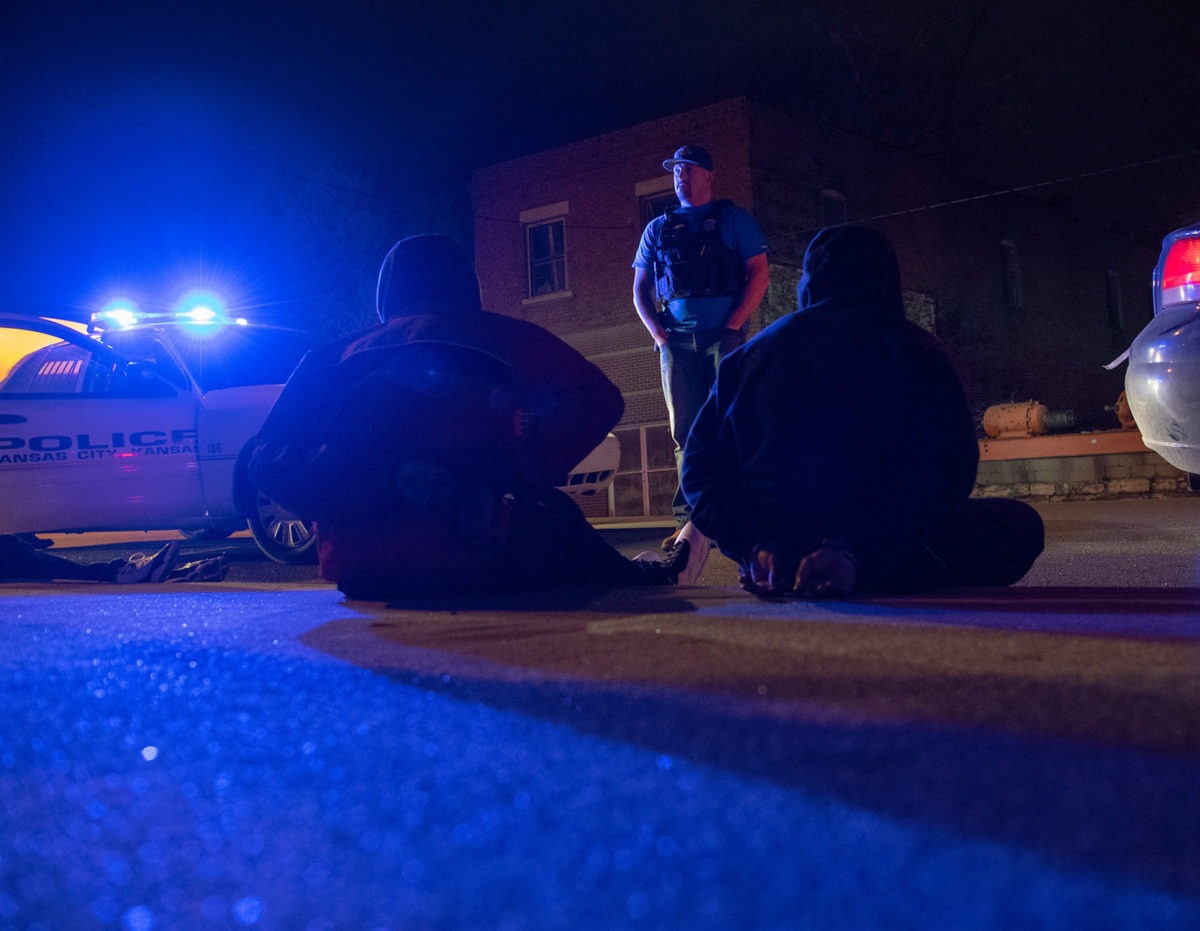
Kansas City news outlets called scores of people ‘violent criminals’ based solely on the word of police and the federal government.

The decline under DA Larry Krasner, who took office in 2018, marks a significant change in juvenile justice in Pennsylvania.
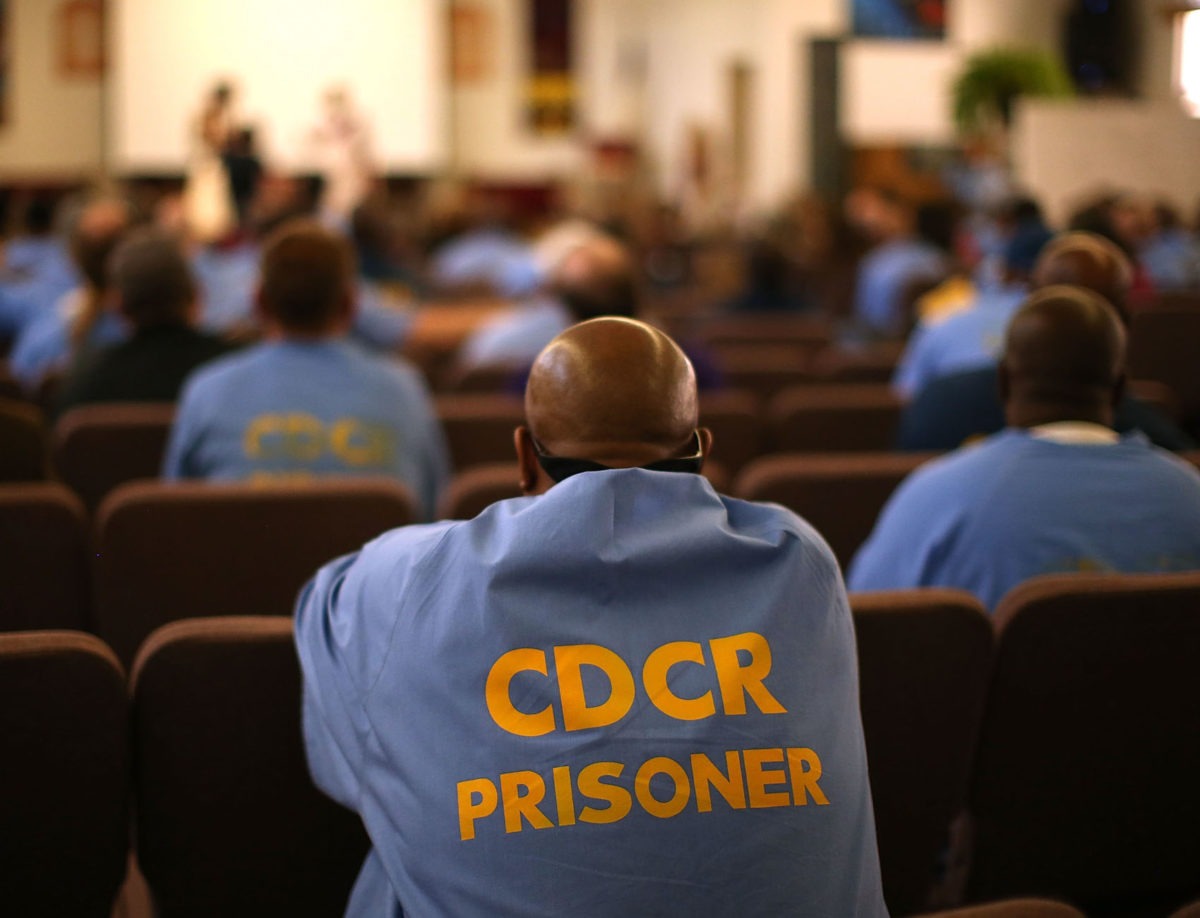
Our response to crime should focus on healing and accountability, not punishment and retribution.

In a civil rights lawsuit, an officer in Allentown claims he was subjected to racial discrimination before he was fired.

How high or low bond is isn’t a measure of how severe the state considers a crime.

At 16, Larry Rosser was imprisoned for killing a woman who sexually and physically abused him. He served 22 years in the California prison system before being released in 2017, after parole commissioners became convinced he was a rehabilitated victim.

A statewide pattern of discrimination in jury selection has gone largely uncorrected, while lives remain in the balance, advocates say.

The 2020 presidential candidates recently unveiled national criminal justice agendas that reimagine public safety and punishment.
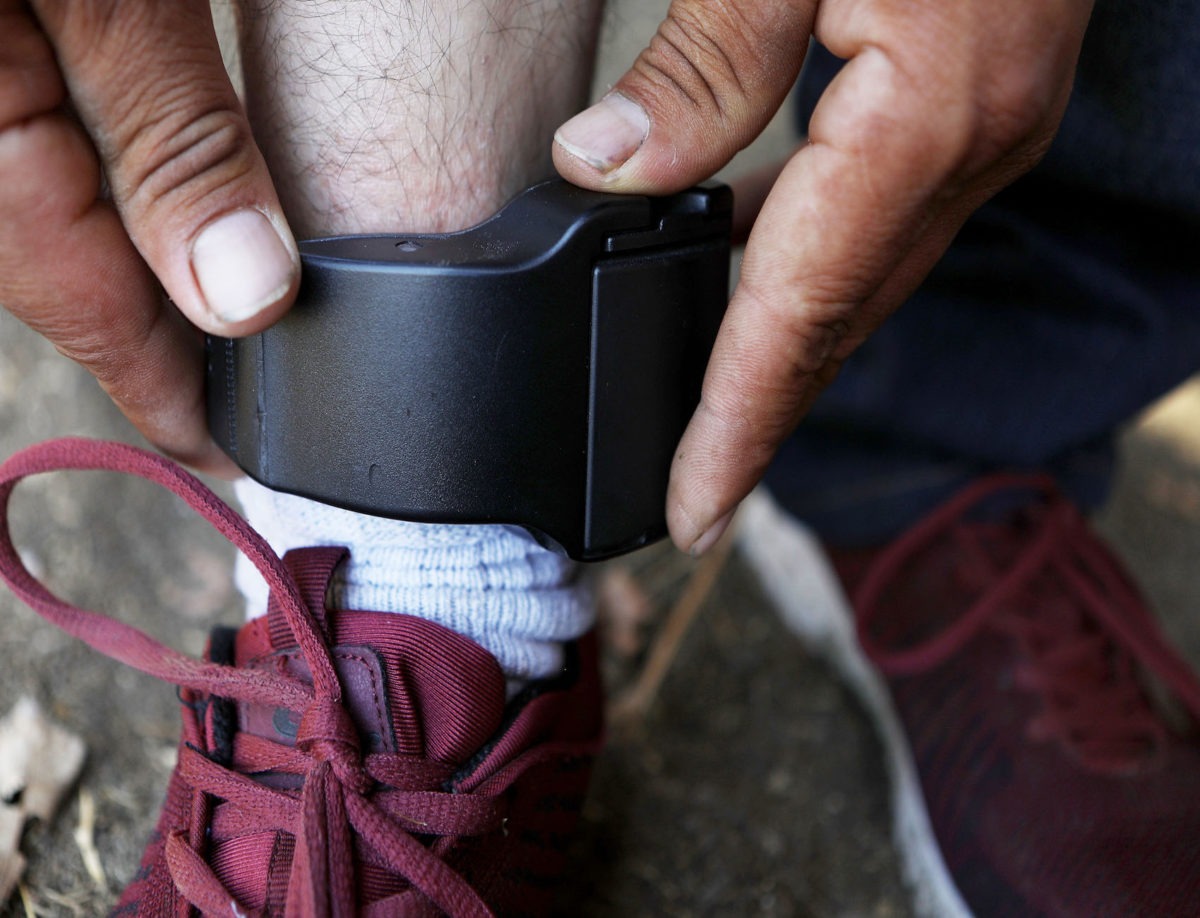
A lawsuit is challenging Mohave County’s practice of charging certain people for mandatory GPS monitoring before trial.

Spotlights like this one provide original commentary and analysis on pressing criminal justice issues of the day. You can read them each day in our newsletter, The Daily Appeal. This week, the two most progressive frontrunners for the Democratic presidential nomination, Senators Elizabeth Warren and Bernie Sanders, added their criminal justice proposals to the pile. They […]
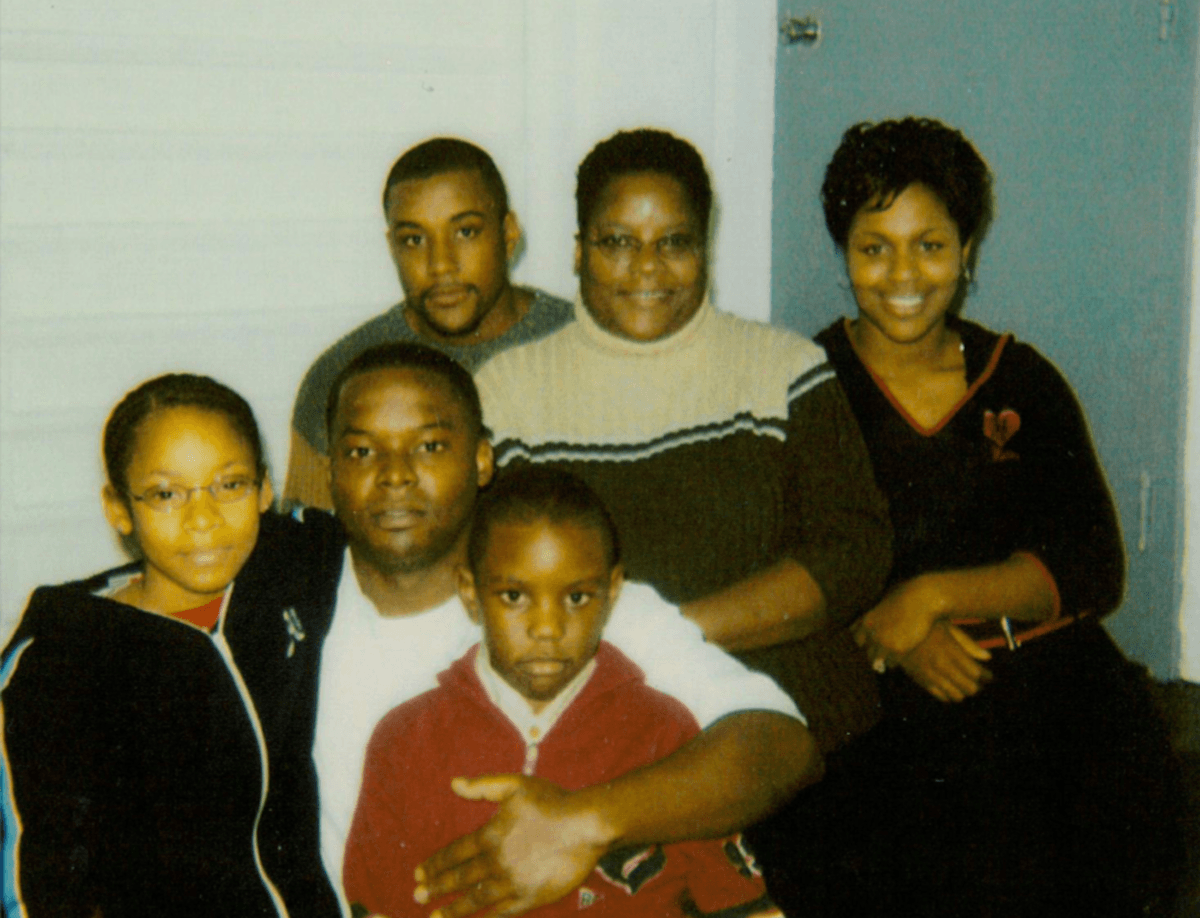
In 1998, prosecutors failed to tell the defense that a key witness in Toforest Johnson’s capital murder trial would receive thousands of dollars in reward money for her testimony, Johnson’s attorneys say. Now a Birmingham judge must decide whether their argument has merit.
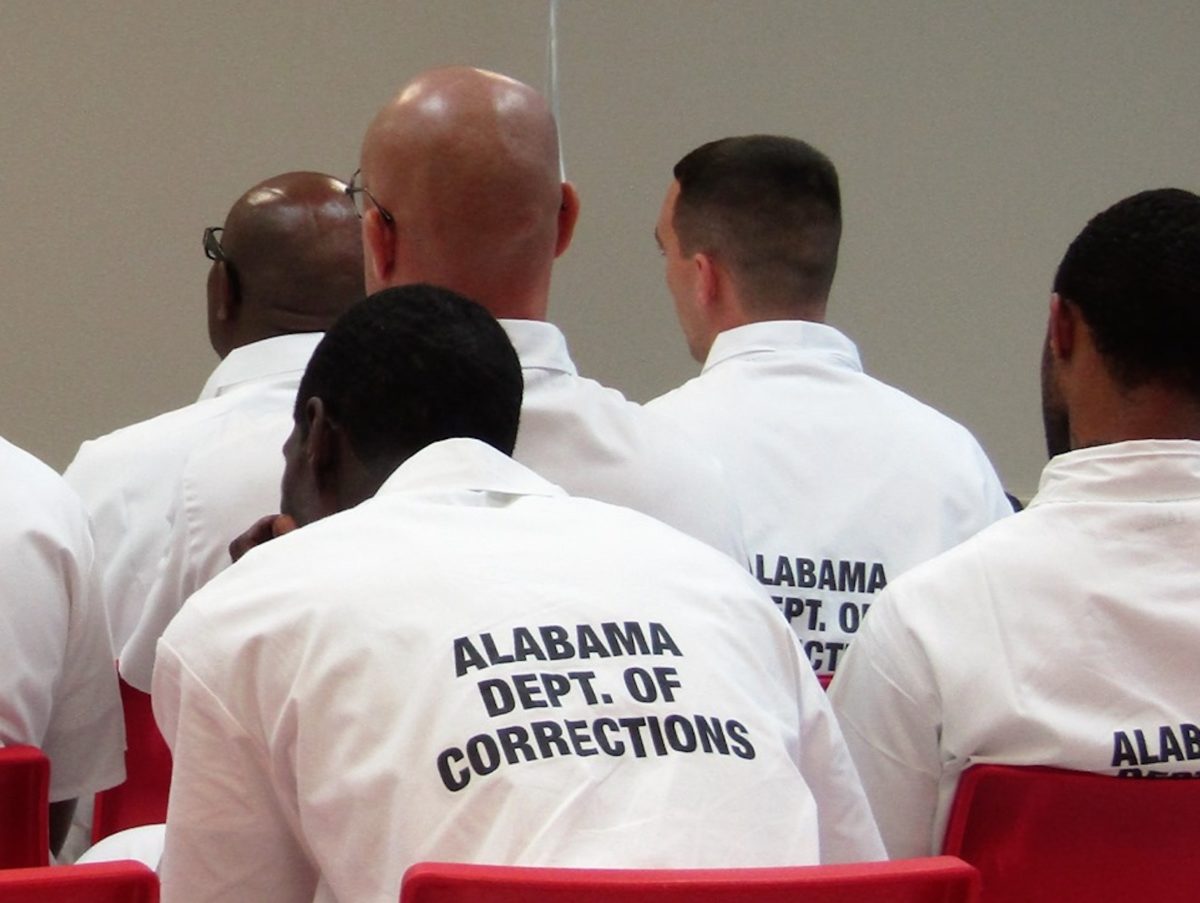
The Bureau of Justice Statistics relies in part on states to self-report prison capacity numbers, which can result in a misleading snapshot of overcrowding in the U.S.
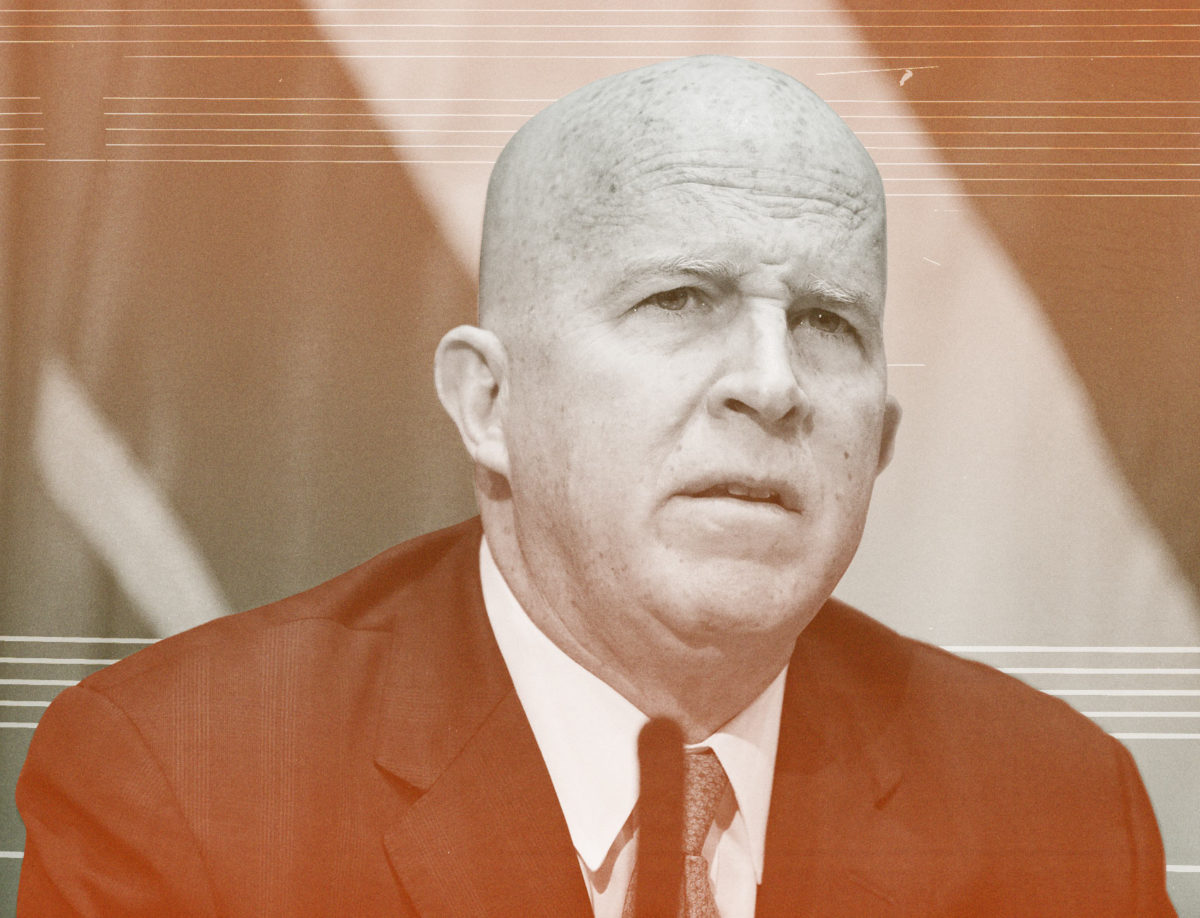
Police and prosecutors claimed facial recognition technology wasn’t at the center of a shoplifting case, but defense attorneys say it was the sole basis for probable cause to arrest.

Media coverage obsessively focuses on homicides, which are at historical lows. Meanwhile, suicides and overdoses skyrocket, quietly driving record declines in American life expectancy.
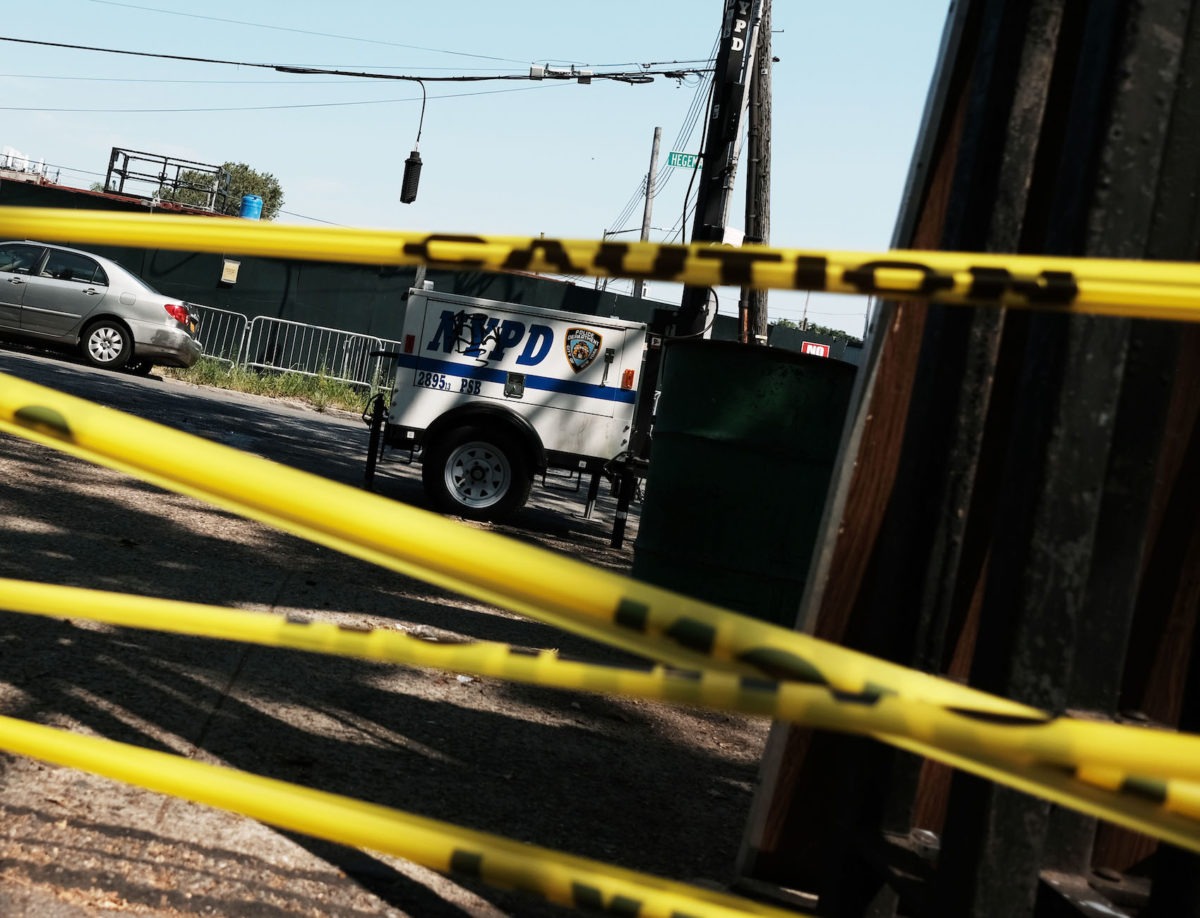
Murder rates are at an all-time low in Brooklyn, but one would hardly know it reading the New York Times.
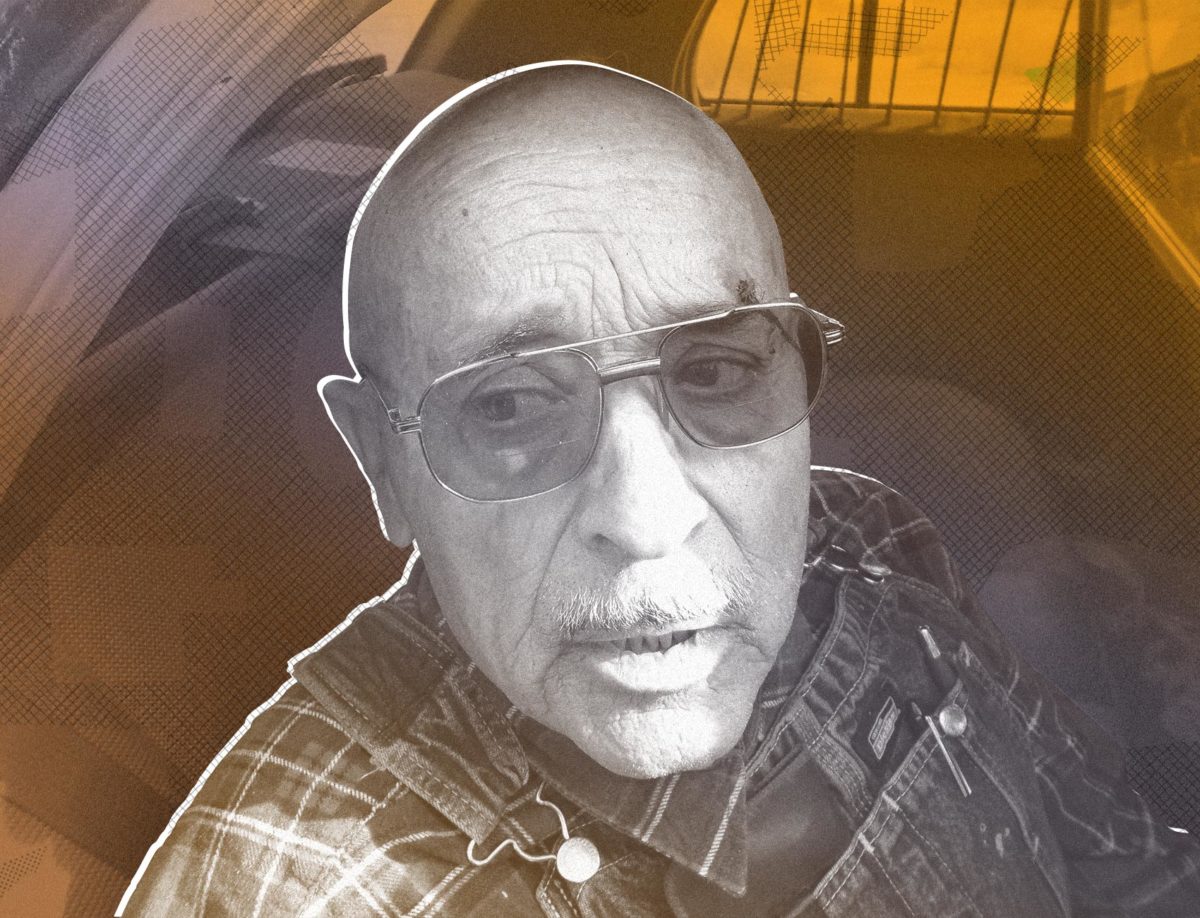
In Valencia County, a sheriff’s deputy who once faced allegations of excessive force in Albuquerque is accused of assaulting an elderly man.

Most coverage of police raids targeting homeless people and substance users parroted official—and fraught—talking points.

Children as young as 4 years old are suffering from post-traumatic stress disorder as a result, the complaints say.

Attorney General William Barr pushed back against reforms by progressive prosecutors—but perhaps his greatest vitriol was reserved for the Boston DA’s attempt to rein in police.

A new internal audit shows that officers disproportionately strike, tussle with, and draw guns on Black people but then fail to disclose the incidents in their reports.

The New York Times’s coverage of the one-off case of a 77-year-old man omits key facts about how older adults are treated by our punitive legal system.

Black Lives Matter and other advocates have pushed county officials to abandon the $2.2 billion project with McCarthy Builders.

A federal lawsuit claims that Palo Alto, California, police falsely detained, arrested, and beat a gay Latinx man—then boasted about their brutality.

Richard Kinder thought he would die in an Alabama prison until the Supreme Court ruled mandatory juvenile life without parole unconstitutional. But last year, despite a judge concluding there was “uncontradicted evidence” that Kinder had worked to rehabilitate himself, the state parole board refused him release.